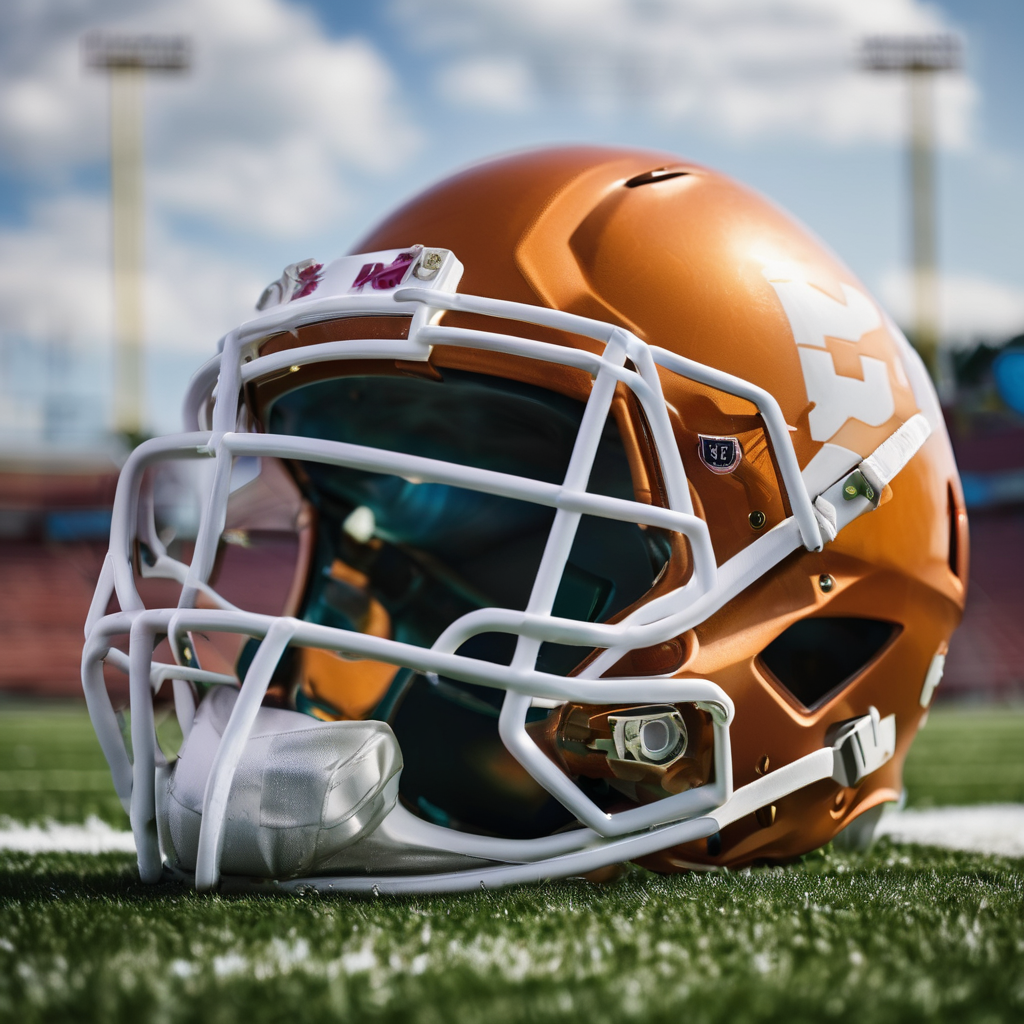Vanderbilt quarterback Diego Pavia has emerged as one of the most exciting players to watch in college football. His rise to national fame began when the Commodores shocked the college football world by defeating the then-No. 1 ranked Alabama Crimson Tide last season. Now, Pavia has played a pivotal role in leading Vanderbilt to a remarkable No. 10 ranking this season, surpassing the expectations that many had for the program.
This season could very well represent Vanderbilt’s best shot at securing a title in the foreseeable future, particularly as Pavia’s time in college football may come to a close after this year. The 24-year-old athlete managed to secure eligibility for the 2025 season through a federal judge’s preliminary injunction against NCAA regulations that had previously restricted JUCO players’ paths to Division I eligibility. Pavia transitioned from the New Mexico Military Academy to New Mexico State University in 2022, after facing challenges that many underdog athletes encounter.
Pavia’s story is emblematic of the struggles faced by many college football players who start their journey in less traditional environments. Despite previously stating that 2025 would be his final year, given his outstanding performance, he could potentially be a late-round pick in the upcoming NFL Draft. His case illustrates a broader issue within college athletics, advocating for policies that allow players without immediate professional prospects to maximize their college experience.
With evolving norms around name, image, and likeness (NIL) agreements, as well as revenue sharing models that treat athletes as quasi-employees, it becomes increasingly important that players like Pavia have the ability to extend their collegiate careers. Many JUCO standouts struggle to make it to the NCAA, and requiring them to forfeit two years of eligibility due to their prior participation in non-NCAA sports feels unjust.
While Pavia’s eligibility remains an exception, his situation could pave the way for other athletes facing similar circumstances, encouraging them to seek a full four or five years in the NCAA after attending JUCO programs. The marketability of athletes like Pavia demonstrates that these college football players serve as valuable assets to the NCAA and can contribute to a more inclusive future for college sports. His success story not only entertains fans but also serves as a hopeful narrative for aspiring players nationwide.
